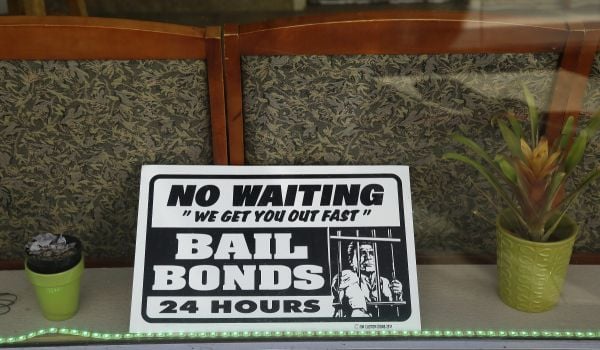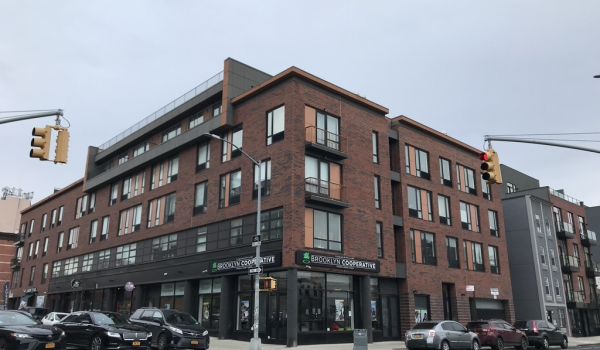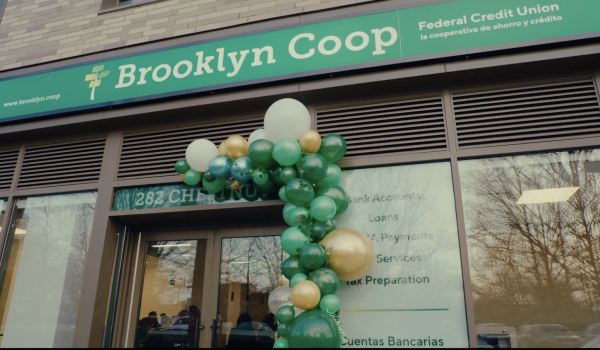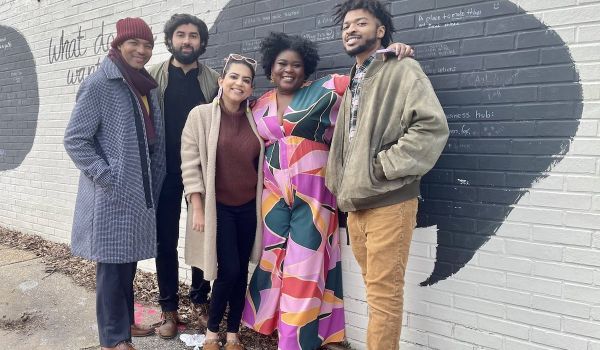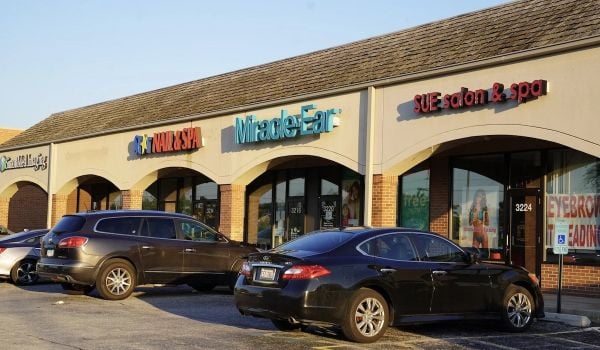In December, the New York Times reported the death of a hero of the socially responsible investment (SRI) movement: “Sister Patricia Daly, 66, Who Prodded Companies Toward Social Justice.” The movement, now more commonly known as “ESG” — for environmental, social, and governance concerns — has come a long way.
A day before Sister Pat’s obituary, I read a frontpage article in the Times, “BlackRock’s Pitch for Socially Conscious Investing Antagonizes All Sides,” which described the attack on the world’s largest asset manager both from the left (BlackRock was just “greenwashing”) and the right (“woke capitalism”).
Sister Pat, a Dominican nun, was the longtime executive director of the Tri-State Coalition for Responsible Investment, an organization that used shareholder resolutions and other means to challenge corporate actions and policies on environmental protection, climate change, public health, social justice and more. The SRI movement was in its infancy when I met Sister Pat in the early 1980s, after I joined the National Federation of Community Development Credit Unions (now known as Inclusiv), a nonprofit association of credit unions owned by and serving poverty communities. By 1982, the Reagan Administration had terminated all our funding, part of its broader assault on antipoverty programs.
Abandoned by the federal government, we were seeking other allies and strategies to support our credit unions. In 1982, we designed our Capitalization Program, a campaign to raise private-sector investments that we would in turn channel to our credit unions from East Harlem to the Navajo reservation.
With no financial track record, little staff capacity and only a sketchy plan, we somehow connected to the Adrian Dominicans, who had expanded their work of economic justice beyond shareholder activism to affirmative investment in organizations fighting poverty. In the fall of 1982, when the Federation was essentially bankrupt, we applied for and received a $30,000 loan from their community — an unsecured loan at below-market rates, funded by the sisters’ retirement resources.
In every sense, it was an act of faith. Their investment spurred other Catholic women’s orders to make loans to us, as well, and we were on our way. Later, other faith-based organizations invested, leading to our breakthroughs with the MacArthur and Ford Foundations. By 1990, we expanded our vision, joined with the new association for community development loan funds (now, the Opportunity Finance Network) and the few community development banks, to launch the community development financial institutions (CDFI) movement, which successfully campaigned for the CDFI Fund started under President Clinton in 1994.
Today, the CDFI movement numbers more than 1,300 mission-driven credit unions, loan funds and banks in every state and Puerto Rico. Responding to the COVID-19 pandemic, Congress appropriated $12 billion to CDFIs and minority banks, a rare display of bipartisanship. My former organization’s Capitalization Program (now, Inclusiv Capital) manages $100 million.
Our story is not unique: Nearly all of the first generation of CDFIs owe their start to the courageous investments of faith-based organizations, especially Catholic women’s orders. They were guided not by the “prudent man” rule, but truly, by faith. The blessings of that faith have been multiplied many times over.
Clifford Rosenthal is the author of “Democratizing Finance: Origins of the Community Development Financial Institutions Movement.” He is a nationally and internationally recognized innovator, advocate, and developer of programs to provide financial access for low-income and underserved people. He has worked and volunteered for more than 40 years in the cooperative movement, initially in organizing food co-ops for Native American and migrant farmworker organizations, and for more than 30 years in the credit union movement. From 1980 through 2012, Rosenthal managed the National Federation of Community Development Credit Unions, the association of more than 200 credit unions serving low-income and minority communities (now known as Inclusiv). In 2012, he was recruited to establish the Office of Financial Empowerment at the newly created federal Consumer Financial Protection Bureau.


_600_350_80_s_c1.jpg)
